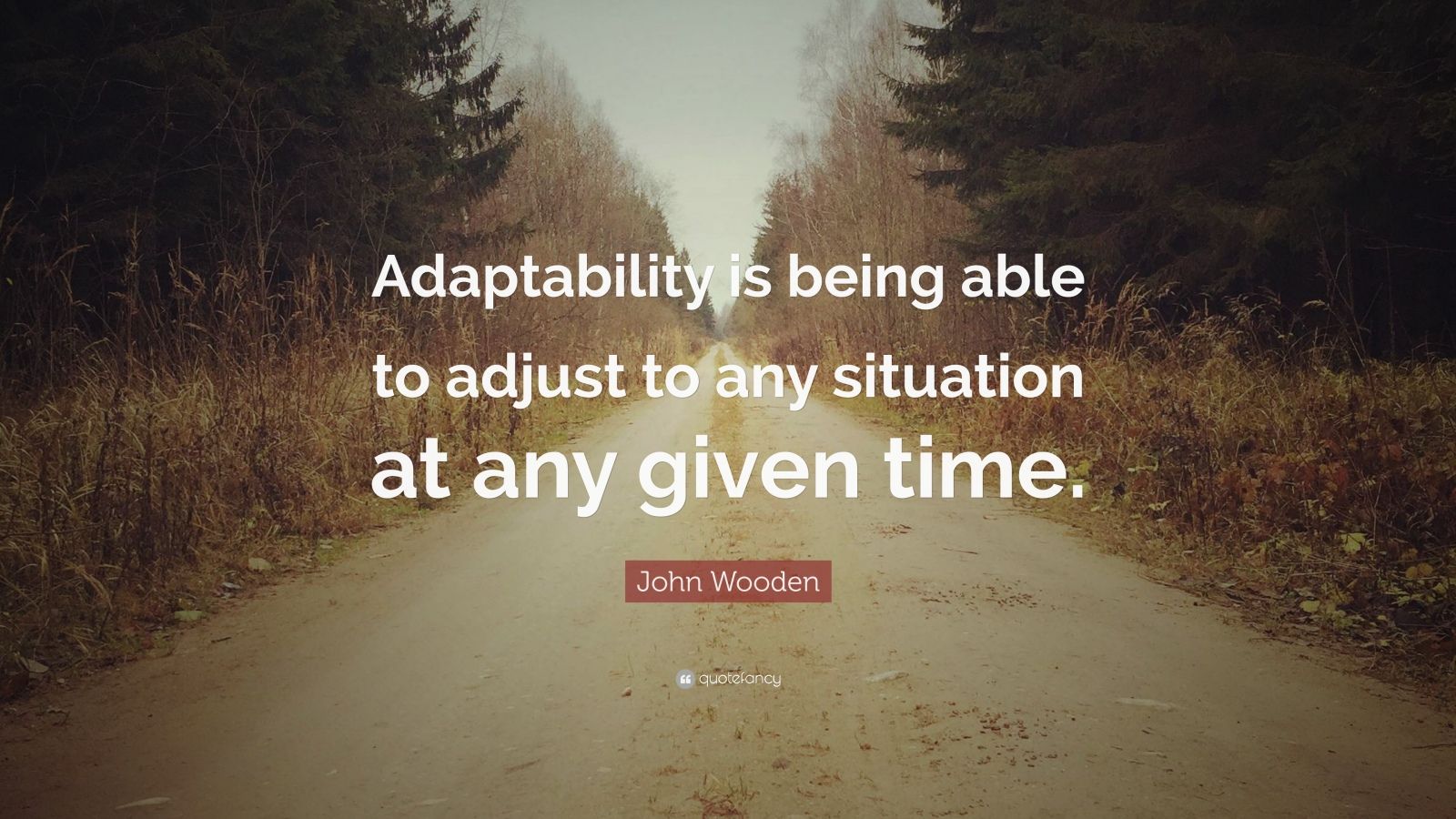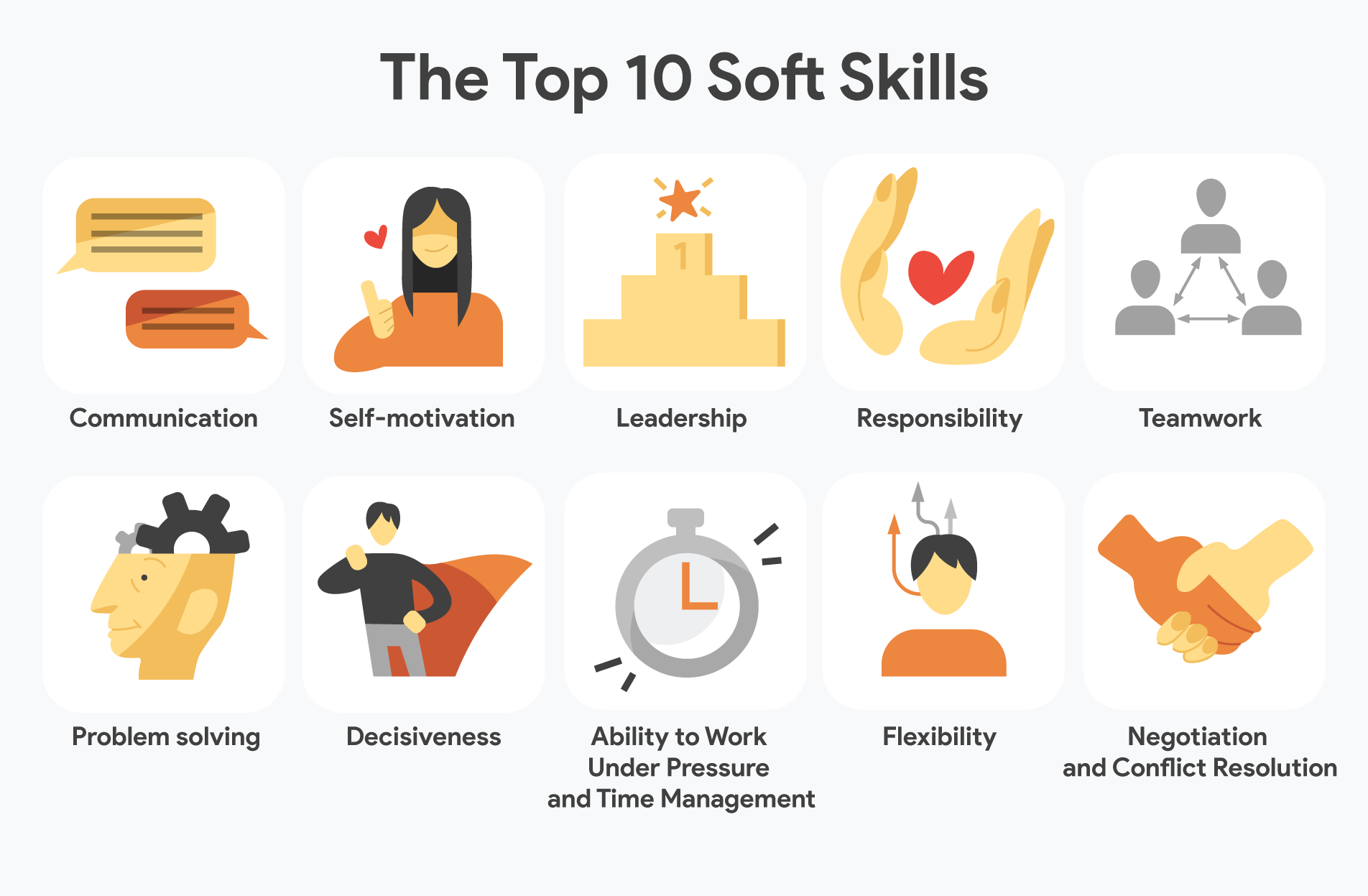Employability Skills Presentation
| Introduction to Employability Skills | ||
|---|---|---|
| Employability skills are the essential skills and qualities that employers look for in potential employees. These skills go beyond technical knowledge and are transferable across various industries and roles. Developing employability skills can increase job prospects, career progression, and overall success in the workplace. | ||
| 1 | ||
| Communication Skills | ||
|---|---|---|
| Effective communication skills involve being able to express ideas clearly and listen actively. Strong written and verbal communication skills are essential for collaborating with colleagues and clients. Good communication skills also include non-verbal cues, such as body language and active listening. | ||
| 2 | ||
| Teamwork and Collaboration | ||
|---|---|---|
| Teamwork skills involve the ability to work well with others towards a common goal. Collaboration skills include sharing ideas, compromising, and supporting team members. Being a team player also means being reliable, dependable, and contributing to the team's success. | ||
| 3 | ||
| Problem Solving and Critical Thinking | ||
|---|---|---|
| Problem-solving skills involve the ability to analyze issues, identify solutions, and make informed decisions. Critical thinking skills help individuals evaluate information objectively and think creatively. Employers value employees who can think critically and solve problems independently. | ||
| 4 | ||
| Adaptability and Flexibility | ||
|---|---|---|
| Adaptability involves being open to change and adjusting to new situations. Being flexible means being able to handle different tasks and responsibilities. Employers value individuals who can adapt and thrive in dynamic and fast-paced work environments. | ||
| 5 | ||
| Time Management and Organization | ||
|---|---|---|
| Time management skills involve prioritizing tasks, setting goals, and managing deadlines. Being organized helps individuals stay efficient and focused on their work. Strong time management and organization skills are crucial for meeting project deadlines and maximizing productivity. | ||
| 6 | ||
| Leadership and Initiative | ||
|---|---|---|
| Leadership skills involve inspiring and motivating others, taking charge, and making decisions. Initiative means taking proactive steps and going above and beyond in one's role. Employers value individuals who can lead and take initiative to drive success within their teams. | ||
| 7 | ||
| Emotional Intelligence and Interpersonal Skills | ||
|---|---|---|
| Emotional intelligence involves understanding and managing one's emotions and relating well to others. Interpersonal skills include building relationships, resolving conflicts, and working well with diverse teams. Having strong emotional intelligence and interpersonal skills can enhance teamwork and overall workplace harmony. | ||
| 8 | ||
| Digital Literacy | ||
|---|---|---|
| Digital literacy refers to the ability to use digital technologies confidently and effectively. Proficiency in using software, online tools, and social media platforms is essential in today's digital age. Employers seek individuals who can adapt to new technologies and leverage them for improved productivity. | ||
| 9 | ||
| Summary and Conclusion | ||
|---|---|---|
| Employability skills are crucial for success in the workplace and are highly valued by employers. Developing these skills can enhance job prospects, career progression, and overall job satisfaction. Continuous learning, practice, and self-reflection are key to improving employability skills throughout one's career journey. | ||
| 10 | ||









